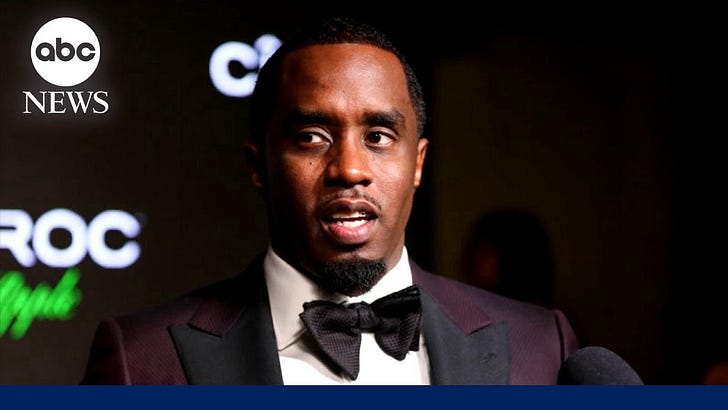<iframe width="560" height="315" src="
frameborder="0" allowfullscreen></iframe>
June 26, 2025 — Manhattan Federal Courtroom
The room was still. Sean “Diddy” Combs sat stiffly at the defense table while Assistant U.S. Attorney Christy Slavik delivered a blistering, five-hour closing argument in what may be the most consequential trial of his life.
According to Slavik, this wasn’t about partying gone wrong or a celebrity lifestyle misinterpreted—it was about power, fear, and the long, manipulative arc of control. “He didn’t take no for an answer,” Slavik said, as she led jurors through the testimony of three women: Cassie Ventura, Jane, and Mia.
Love-Bombed, Bruised, and Bound
The prosecution’s story? That Combs orchestrated so-called “freak-offs”—drug- and alcohol-fueled sex parties—with an undercurrent of coercion. Cassie said she was hit with a bottle and dragged into a room. Jane remembered being bruised, manipulated, and scared to say no. “It was never really a choice,” one account noted.
Forensic psychologist Dawn Hughes offered a chilling clinical backdrop: trauma bonding, inconsistent memories, coercive control. Slavik connected those psychological concepts directly to Combs’s alleged behavior—mapping manipulation in neon.
Obstruction, Retaliation, and the Mechanics of Silence
Slavik didn’t stop at sex trafficking and abuse. She outlined a campaign of suppression—recorded calls, text messages, even attempts to intimidate witnesses after lawsuits were filed. “He used fame as a fortress,” Slavik argued. “But it also gave him leverage. And with that came fear.”
The list of charges is long: racketeering conspiracy, sex trafficking, interstate prostitution, obstruction of justice. The core of the prosecution’s case? That this wasn’t erratic celebrity behavior—it was a pattern. A system. A business.
“It’s Time to Hold Him Accountable”
Those were Slavik’s final words to the jury before court adjourned for the day. The defense is scheduled to present its rebuttal at 9 a.m. tomorrow. But if today’s session foreshadows anything, it’s that Diddy’s image may never recover—even if his legal team manages to eke out reasonable doubt.
This trial has already reshaped the way we talk about power, celebrity, and consent. The verdict may determine how much of that conversation turns into consequence.



